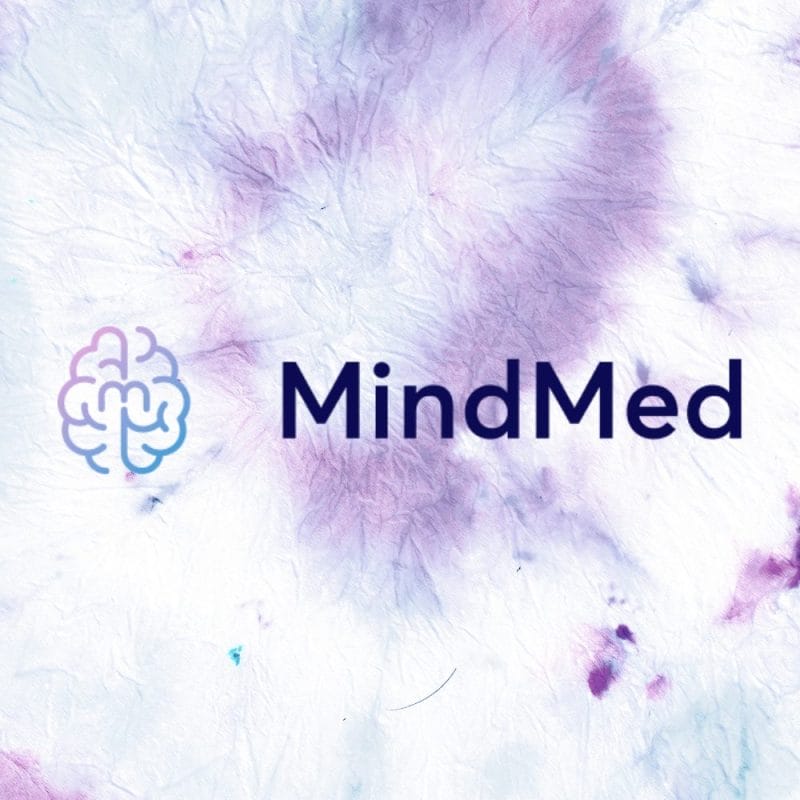MindMed (MNMD.Q) and healthcare data consolidator Datavant, announced a partnership wherein MindMed will make use of Datavant’s tech to link their clinical trial data to external data from both clinical and real-world sources, according to a press release.
Data fragmentation is one of the largest concerns of the medical community when it comes to determining patient outcomes in clinical trials. Doctors conducting clinical studies don’t have access to prior patient information, and generally can’t get it without risking the veracity of the trial. The plan is to use Datavant’s technology to link information and data points across each of the stages of the drug lifecycle from discovery, through clinical development and to commercialization.
Essentially, when someone onboards into a clinical study that uses Datavant, a numbered anonymous file is created and filled in with data from external sources to the trial involving things like medical history. It’s then carried on to after the trial is complete with information filtering back to the researcher to inform future decision making.
“Data fragmentation today prevents organizations from understanding how innovative therapies can be used to improve patient outcomes. The ability to safely connect data from across the healthcare ecosystem to understand the safety, efficacy, and access to a variety of therapeutic interventions creates the opportunity to greatly improve outcomes in psychiatry and addiction medicine,” said Travis May, chief executive officer of Datavant.
Datavant wants to close the discontinuity in the world’s health data to improve the health and well being of patients. Its tech acts as a consolidator and bridge between various aspects of the healthcare system, including but not exclusive too the clinical trial stages. Ostensibly what they do is get access to medical information from anywhere in the patient’s health care experience, be it a prior medical history before the trial, and patient outcomes post-trial. This information generally isn’t available because of the blind nature of clinical studies.
The tech helps companies identify and understand outliers in the study, lower their overall costs and improve efficacy of the program.
“In order to build a deeper understanding of the illnesses we seek to treat, we need to better integrate data on the efficacy and efficiency of existing care models as well as patient and provider-related outcomes. Clinical trials capture a small window of time in a patient’s overall experience of their illness. These trials, while essential for drug development, tell us nothing about patients’ access to, and use of, various treatment modalities through time. Truly understanding the patient journey by knowing about all relevant encounters and events that lie outside of the limited window of clinical trials will enable us to better develop and deploy therapeutics that offer new hope for people who are suffering,” said Daniel R. Karlin, MD, MA and chief medical officer of MindMed.
Access to information is key to positive outcomes. Data linking will give MindMed the ability to create broad and detailed datasets. From these, they’ll be able to understand, derive, augment and adapt treatment plans to meet with challenges. They’ll gain a better understanding of the real world treatment, use and healthcare experiences of patients dealing with psychiatric and substance use challenges.
The new data, along with the enhanced understanding of the illness its chronicling, will give MindMed more directions and options for their clinical trials, and also for the commercialization of the proceeds.
—Joseph Morton







